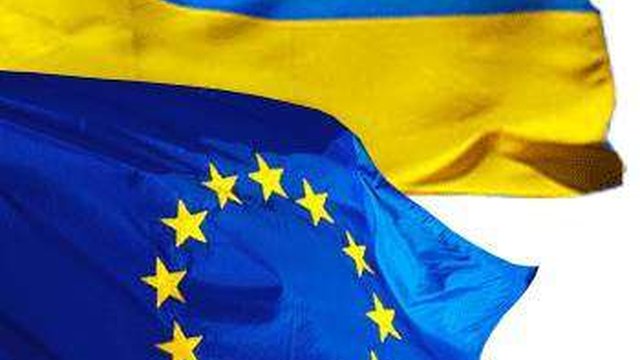European Parliament okays entry into force of amendments to visa facilitation agreement with Ukraine

The European Parliament has given the green light to the entry into force of an agreement on amendments to the visa facilitation agreement between Ukraine and the EU.
A simple majority of MEPs voted for this decision in Strasbourg on Thursday.
According to the procedure, after this the EU Council should pass the so-called final decision. Vice-President of the European Commission Olli Rehn earlier said that this decision might be taken in May.
Before the vote in the session hall there was a short discussion between supporters and opponents of the signing of the agreement. The supporters said that the current vote should be a clear signal that "we want to open ourselves so that our neighbors are able to get access to Poland, and this is the best way to guarantee the civil rights of those who are on the other side of the Bug River."
The rapporteurs of the recommendation, British MEP, Socialist Claude Moraes, recalled a recent discussion related to the rights of sexual minorities.
"During the discussion, I and other members called for further significant improvement in the sphere of the rights of gay community (LGBT) and other human rights. On this basis, I suggest that we vote against it, returning the report to the committee, and then we will continue with the vote," he said.
However, the results of the vote showed that there were more supporters than opponents of the signing of the agreement.
It is expected that the agreement will be signed at one of the nearest meetings of the EU Council, tentatively in May.
The agreement introducing amendments to the visa facilitation agreement between Ukraine and the EU was ratified by the Verkhovna Rada of Ukraine on March 22, and signed by Ukrainian President Viktor Yanukovych on April 8.
According to the document, the simplified procedure for issuing visas applies to drivers engaged in international cargo and passenger transportation, journalists and technical staff accompanying them, participants of official exchange programs organized by the local authorities, close relatives, spouses, children, parents, grandparents, grandchildren that are visiting Ukrainian citizens living in the EU member states, or EU citizens, as well as citizens that travel to the EU for medical treatment.
A simplified procedure is also introduced for members of public organizations participating in seminars and conferences, participants of international exhibitions, conference, and symposiums, members of religious communities, and participants of official EU programs for cross-border cooperation.
The document stipulates that diplomatic missions and consulates of the EU issue five-year multiple entry to the following categories of people: members of central and local government, the Constitutional Court and the Supreme Court, prosecutors and their deputies, permanent members of official delegations, one of the spouses and children aged under 21 of those who have a valid residence permit in one of the member states, or EU citizens, and businessmen and representatives of business entities who regularly visit EU member states.
European diplomatic missions and consulates also issue one-year multiple entry visas to such categories of people: drivers engaged in international transportation, crewmembers of international trains, refrigerator trains and locomotives, people engaged in scientific, cultural and artistic activities, participants in international sports events and accompanying persons, participants in official exchange programs organized by municipalities, representatives of non-governmental organizations who regularly travel to EU member states, and participants of the EU official programs on border cooperation.
Such visas are issued to these categories of people provided that during the previous year they obtained at least one Schengen visa and used it in line with the laws on entry and staying in the EU.








